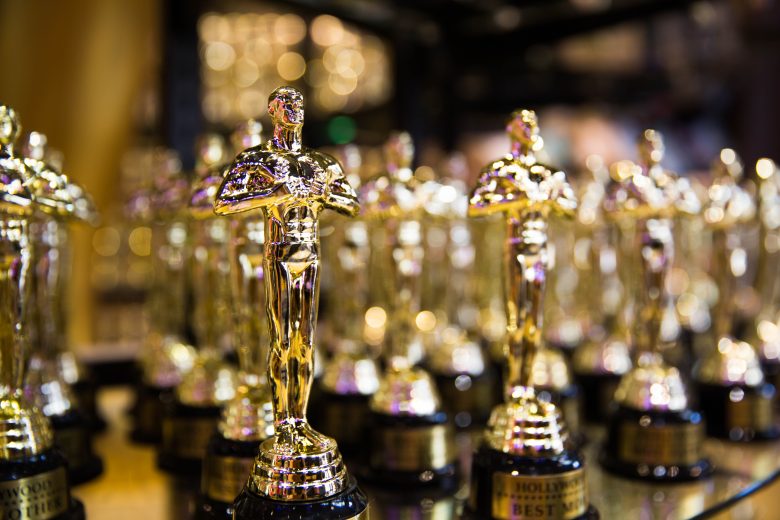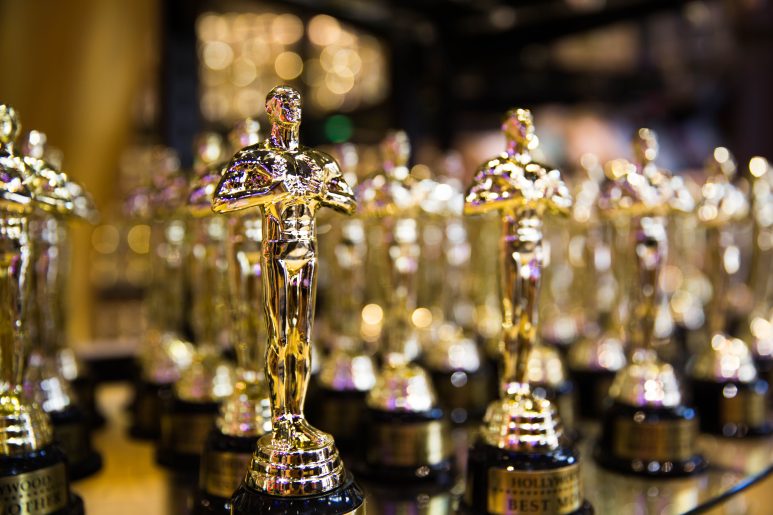By Anmol Irfan, freelance journalist and editor
When the Oscar nominations were announced in late January, they led to a buzz online. Usually that’s pretty standard every year but this time things seemed a little bit different.
Along with the usual discussions and opinions being shared on who should and shouldn’t have been nominated, a lot of Oscar “discourse” focused on the fact that Margot Robbie and Greta Gerwig weren’t nominated for Best Actress and Best Director respectively.

Misogyny or the lack of diversity and inclusion?
Many viewers felt that Robbie and Gerwig had been shunned, X users even accused the Academy of misogyny and there seemed to be a growing sentiment that Barbie had not gotten the recognition it deserved. Perhaps this reaction might have been justified – after all there was no doubt that the movie was enjoyed across the world – had it not been nominated for eight other Academy Awards.
America Ferrera was among them. She received her first Oscar nomination for Best Supporting Actress. Ferrera wasn’t the only actress celebrating a milestone. Lily Gladstone who acted in Killers of The Flower Moon made history by becoming the first Native American actress to be nominated for an Oscar.
But amidst all these wins, why have online fans been complaining about Margot and Greta being “shunned”. The campaign, calling out their lack of awards in those particular categories, attracted posts by Ferrera and Hilary Clinton who tweeted her support for Gerwig and Robbie. In response, many critics were quick to point out that Clinton’s tweet about a movie about a fictional doll has expressed more support and sentiment than the politician has for the current violence being committed by Israeli forces in Gaza.
In fact the overall sentiment about Gerwig and Robbie’s nominations being ‘deserved’, and the sheer scale of the online outcry around it says a lot more about the way in which white women are positioned within power dynamics in gender debates in media than it does about whether Robbie was a good actress or Gerwig a good director.
The dominance of white feminism in media spaces
Hija Kamran, digital rights researcher and editor at Gender IT, says that Clinton’s response is a good example of the dominance of white feminism in media spaces, “Hilary Clinton is a person with considerable power and she has consistently been quiet on gendered violence – and not just gendered violence because when bombs fall they don’t discriminate, – but she thought it was important to speak on a very white-centric movie and how its been regarded in award shows made by and for white people,” says Kamran. She added this is just one example that gives you an idea of what white solidarity looks like.
When talking about how these conversations affected her own understanding of the industry, independent filmmaker Sabina Giado said that she initially didn’t even realise that America Ferrera had been nominated for Barbie because of all the attention on Gerwig and Robbie. “So yes conversations like this do take away from the inroads the industry has made regarding representation,” Giado said, adding that there are larger questions that need to be asked about who these spaces are actually for.
She points out that any movie needs to be screened in LA for a certain amount of time to qualify to be an Oscar nominee, which leads to questions around resources and accessibility. For far too many women of colour, what this conversation has seemed like is that their successes and victories are only important so long as they stay behind the white women who allow them second place. The fact that we even live in a world where America Ferrera felt like she had to express disappointment first for someone else’s lack of award nomination instead of celebrating her own says more than any words could.
Waiting for the right turn
What Ferrera and Gladstone are seeing right now in the face of their successes is not isolated, and nor will it change in the near future if things continue this way. Giado herself has often faced similar sentiments, saying she’s been told by white filmmakers to ‘wait her turn’. “There is very much an entitlement of white feminism in Hollywood which has created an “us before you” sentiment,” she says.
As far as the little wins women of colour do face go, they seem bleak when things like this happen because they make women of colour realise that they are mere tokenistic wins, and that a bigger shift is still far away.
“We can argue there is some sort of recognition of existence of people of colour in the industry but to think they’ll be as successful as white people who have subpar talent, I don’t think that will be very soon. And if they do, that will come with a lot of questions and a lot of criticism of that recognition. It’s a big thing when a person of colour gets acknowledged against a white person because that means they’ve put in that much effort and been that good at their job,” Kamran says when talking about the extra effort women of colour have to put in to be recognised in the industry.
What would happen in a more equitable industry would be an understanding and change of the flawed systems of recognition in the first place as opposed to having to fight for each seat at the table. In the case of the Academy Awards, ‘the Oscars are following cultural shifts, they aren’t creating it,’ says Giado.
Disclaimer:
The views and opinions expressed in this article are solely those of the author and do not reflect the official policy or position of the Media Diversity Institute. Any question or comment should be addressed to [email protected]

